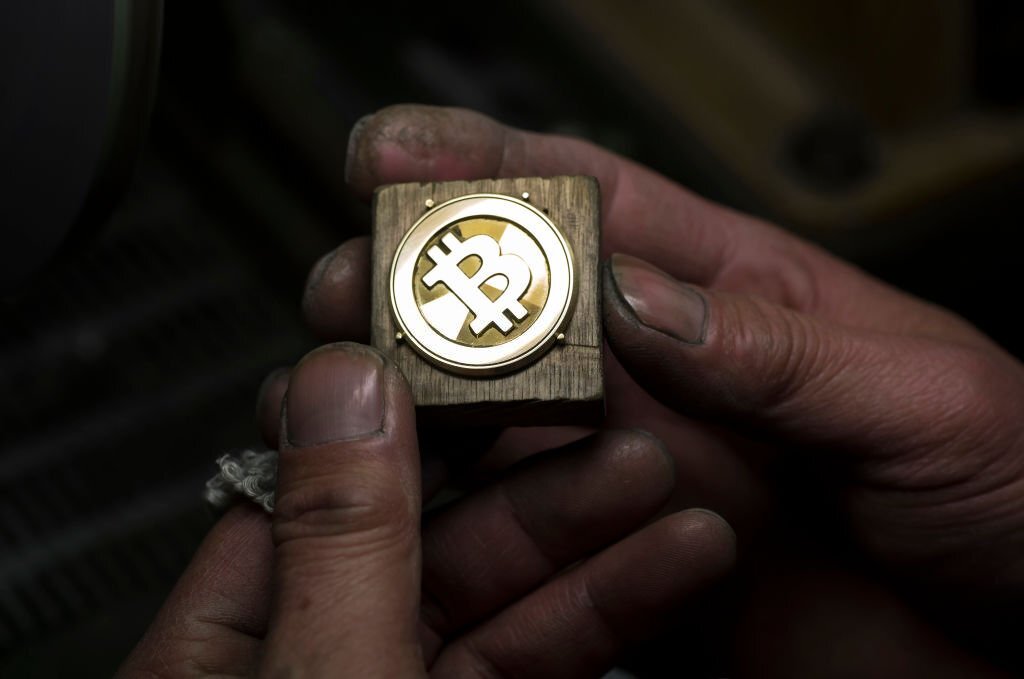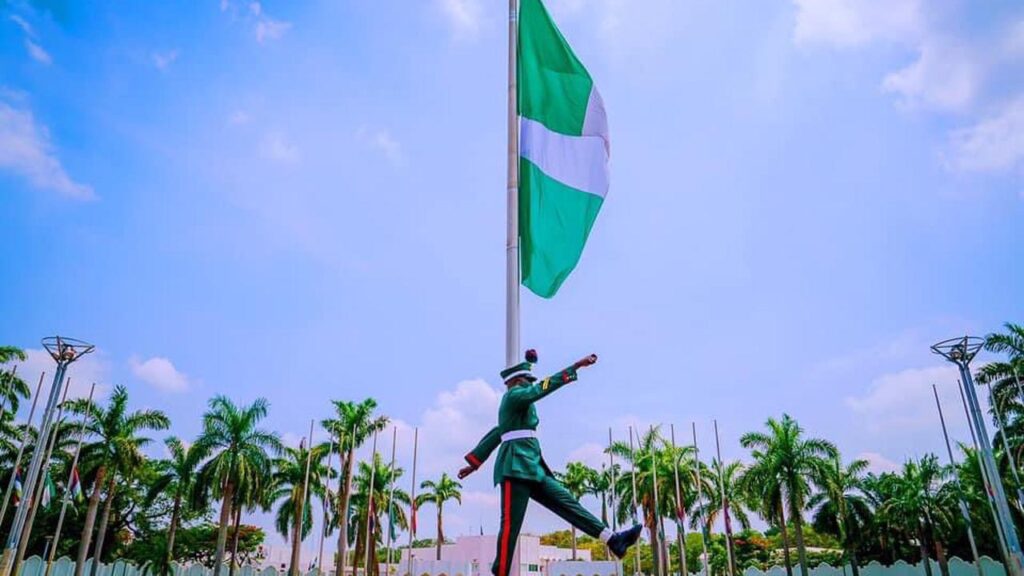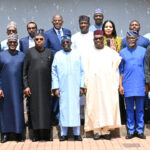
The current political situations show that Nigerians believe, and they don’t have to be right, that there is more suffering in our land than it is in any other place in the entire universe. Like the Yoruba would say “Enitikoba de oko baba elomiranri, a ni k osi oko ti o to oko baba ohun” literally meaning “A man who has never been to another farm would believe that there is no farm bigger than his father’s farm”. We need to take stock of the poverty indices to be able to reach a meaningful and sustainable conclusion on the level of poverty and suffering in the nooks and crannies of the world.
There are places on the globe where a whole family pick and eat its breakfast and lunch from the dustbin of the richer neighbors. The worst part of this is that the content of the dish may not be uniform, in the sense that if you get small rice from Neighbour A, Eba from Neighbour B and Tuwo- Shinkafi from Neighbour C, you would mix all together to make the lunch. This, of course, we all agree is not an ideal situation but it is better than staying without a crump in the plate. The sincere prayer is that Nigeria does not plummet to this horrific abyss.
The current situation in Nigeria May be daring but the blame cannot be placed on the doorstep of the administration of President Bola Tinubu because it is the accumulation of several years of indiscretion on the part of the governments and the people that has led our country to the present economic doldrums the country is experiencing today.
Several governments, particularly, the military acted like prodigals using resources wastefully and extravagantly as if there will be no day of reckoning for these acts of financial recklessness and monetary impropriety. Like my mother of blessed memory would say “Apako mo peohun to o dun Bowa tan” meaning that “the prodigal rarely realise that abundant resources can be exhausted”.
From General Yakubu’s slogan of “Money is not our problem but how to spend it” till date, a lot of water has passed under the bridge. The most unfortunate part of our life history as a nation is that we as a people are plunderers of resources as we are unthinking, wasteful, sadistically extravagant and arrogant in our ways.
In very simple street corner language, what outcome do we expect from an economy in which people spray millions of dollars on drummers and musicians at a birthday party?”
What type of economy do people who go to Liverpool street in London in search of lace materials or those who roam around the streets of Chennai in India looking for “George Material” and abada with the country’s hard earned dollars expect?
How do you achieve solid and sustainable economic buoyancy in a country where citizens import unessential and virtually useless second hand items called Tokunbo merely for illusion of grandeur?
How will the economy of a country that has some of the best universities in Africa grow when students who could get a good masters degree for a tuition fee of about one hundred thousand Naira prefer to go to the United Kingdom or USA to pay about ten thousand pound sterling or fifteen million dollars per annum for the same certificate? There is hardly a home in Nigeria that does not have a student in a university abroad, yet, there are over one hundred universities in Nigeria that offers various programmes from Bachelors degree to PhD in virtually all areas of human knowledge and endeavors. The major fault of the government is the lack of courage to wield the big stick to curtail the recklessness.
In The Guardian Newspaper (UK) of Tuesday May 12, representative of the universities in the United Kingdom while responding to the complain of the Home Secretary, James Cheney that foreign students are undermining the integrity and quality of UK higher education argued that foreign students sustain the existence of their universities as they generate a whooping estimated earning of about twenty billion pound sterling annually into the UK economy.
What type of economic outcome is expected by people who would sell cocoa pods from their farms cheap to foreigners and use the money to consume items such as Bournvita and Chocolate, that Nigerians can do without at double the price from the same buyer of the raw materials? What economic situation do we expect when we give unhindered access of our oil wells to foreigners who will deliberately ensure that our refineries do not work and who in return will take the oil out of our country, refine it and sell the content in separate forms as gas, bitumen, kerosine, diesel and even mosquito flit at outrageous price label and yet, return to collect subsidy from us posing as marketers of the same product?.
In how many nations do banks load cash in the Automated Teller Machines and the so called ‘Point Of Sale’ vendors will crawl overnight to remove the entire content while citizens languish to get cash the next day. Does it occur to us that the lack of cash faced by all and sundry may be as a consequence of the meanness, greediness, sadistic and selfishness of these POS vendors? Very soon, the local currency arena would face very similar problems and woes visited on this nation by the introduction of BTA of 1974 by the regime of Yakubu Gowon.
The aftermath of General Gowon’s policy somersault is the institutionalisation of the “arrangee” concept which subsequently led to the emergence of the parallel market that has crippled the Nigerian economy to the extent that the foreign exchange that manufacturers cannot access in the banks are available in the street corners of city ghettoes .
Today, the whole town is filled with cries of “the people are suffering”. The social and other media channels have been taken over by those who are losing grips of their life long suffocation of the country and its economy. They used the available medium to launch campaign against the courageous and deliberate policy framework instituted by the present administration of Bola Tinubu to change the fortune of the nation from bad to good.
The past governments have no doubt paved the path for today’s dire situation by their refusal to hold the bull by the horn and through policy indiscretion, lack of economic focus and absence of courage to confront the plunderers of the resources of our nation. This has prevented the nation from driving positively and optimising its God given natural endowment to the benefit of the teeming masses of our people but whether we like it or not the leaking pockets has to be glued. Therefore, one should take seriously the appeal by President Tinubu that the rich should let the poor breathe.
The quantum of undeserved wealth in the hands of a few undeserved people is staggering and frightening. These are the squander-maniacs amongst us. The typical Nigerian has no budget as he spends cash as soon as he gets it. Now that the day of reckoning has come, we all have one or two lessons to learn from our past.
However, all in all, we should realise that suffering is not necessarily negative in nature as there are a lot of benefits derivable from suffering. Leo Tolstoy in his Calendar of Wisdom says “A man who does not understand the benefit of suffering does not live a clever and true life.” This point was buttressed by a former American President Harry.S.Truman when he said “The reward of suffering is experience”. The German philosopher Friedrich Wilhelmina Nietzsche supports this position when he opined that “suffering is the greatest blessing because it makes us stronger and more resilient”.
It is not as if these sayings fail spiritual support. The Bible and the Holy Quran have a lot of verses that talk about the benefits that are derivable from suffering. In Roman 8:18, the Bible says “….suffering of this present time are not worthy to be compared with the glory which shall be revealed in us….” And the Holy Quran 94: 5-6 says “One cannot exist without the other. Life is not peaks and valleys, but a tapestry threads of joy woven with threads of sorrow to create a beautiful pattern. Darkness can bring quiet rest just as the soft morning light can bring renewed energy”.
In addition, every culture and people have something to say in this regard. The Yoruba says Iriri aye kiii se ni titi ko se ni pa, ogbon lo fi nkoni meaning that the vicissitudes of life makes a man wiser. It further says that adunni o n gbehinEwuro which means “the taste of eating bitter leaf is sweet”. The Hausa belief that suffering is transient, hence the saying Zamanini. The Igbo language reminds the people that to get wealth, luck and opportunity require some level of suffering.
While it is not the purpose of this article to sermonise, Nigerians should realise that we have had it smooth since independence till date despite our national psyche that is lackadaisical, inattentive, imprudent, sometimes thoughtless and uncaring about environment consequences of our actions. We have stretched our luck too thin and are still full of expectations for the best. Yet, Almighty God has continuously smiled on us despite our inadequacies.
Now, it is time to realise that the future will be bleak if we don’t reorganise our thoughts and resolve for a nation where individuals must lay down their greed and covetousness for the well-being of all and sundry. We must realise that our world does not end with us and that it extends to our children and their offspring. Therefore, we should avoid living for today as if there is no tomorrow.
Today’s suffering is transient and it would be a blessing for tomorrow if we learn a lesson from it and display the magnanimity of those who wants a better tomorrow.
Ojikutu is a (retired) Professor of Statistics,
University of Lagos.













